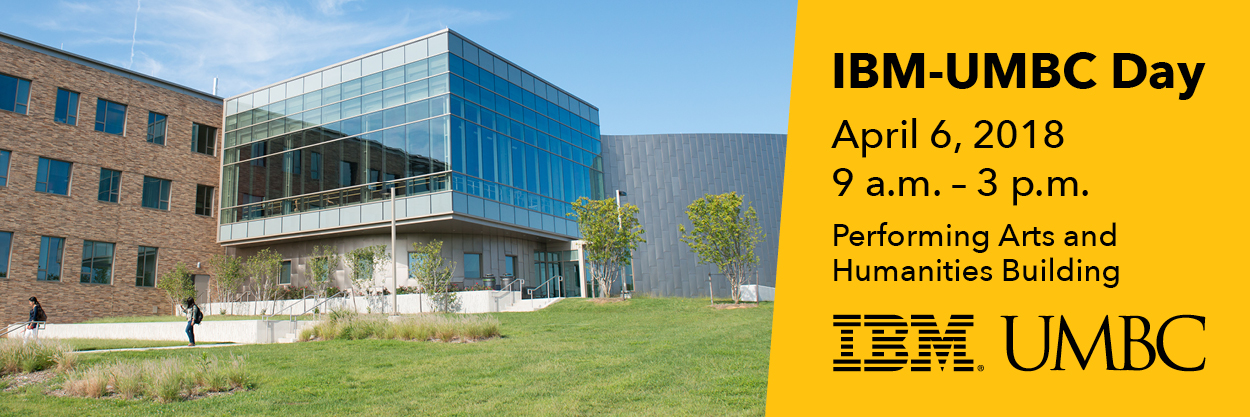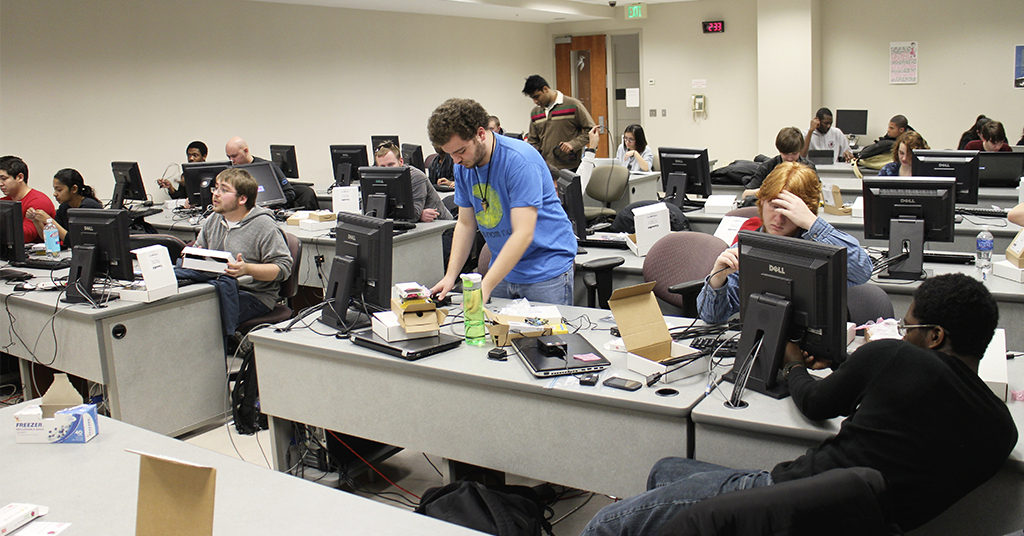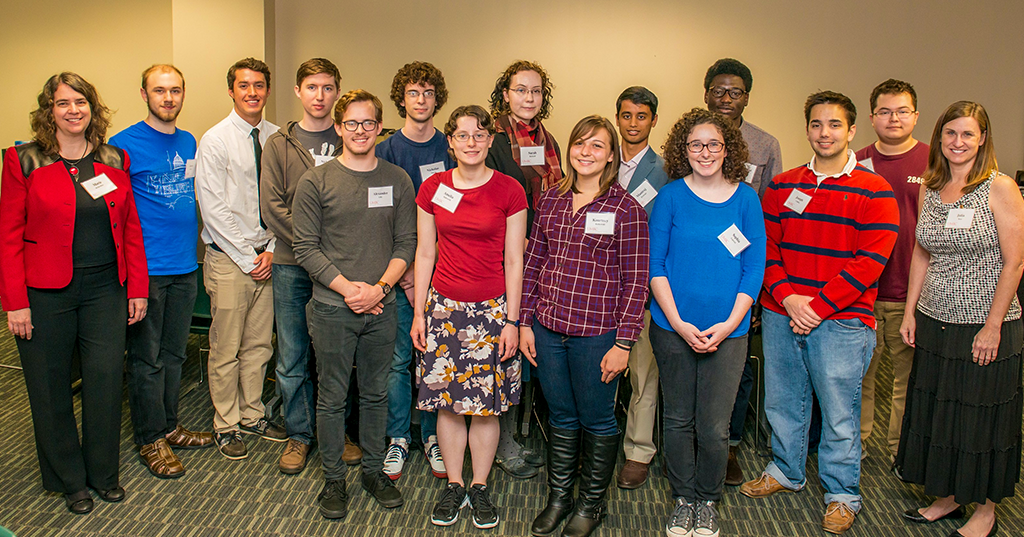CHMPR Distinguished Lecture
Challenges and pitfalls in big data analysis
Yoav Benjamini, Tel Aviv University
3:30-5:00 Thursday, 12 April 2018, ITE 325b, UMBC
I shall warn about the pitfalls resulting from the false assurance that “we have all data at hand”, and discuss the challenges that are not commonly recognised such as the validity and replicability of the analysis results. Examples will be given from our work on the Health Informatics part of the European Human Brain Project, as well as from our studies in neuroscience and genomics.
Yoav Benjamini is the Nathan and Lily Silver Professor of Applied Statistics at the Department of statistics and operations research at Tel Aviv University. He holds B.Sc in physics and mathematics and M.Sc in mathematics from the Hebrew University (1976), and Ph.D in Statistics from Princeton University (1981). He is a member of the Sagol School of Neuroscience, and of the Edmond Safra Bioinformatics Center both at Tel Aviv University. He taught as a visiting professor at Wharton, UC Berkeley and Stanford and is currently visiting Columbia University. Prof. Benjamini is a co-developer of the widely used and cited False Discovery Rate concept and methodology. His current research topics are selective and simultaneous inference, replicability and reproducibility in science, model selection, and data mining. His applied research fields are Biostatistics, Bioinformatics, Animal Behavior and Brain Imaging, and as a member of the European Human Brain Project he is involved in health informatics research. Prof. Benjamini served as the president of the Israel Statistical Association, He received the Israel Prize for research in Statistics and Economics at 2012, and is an elected member of the Israel Academy of Sciences and Humanities.









